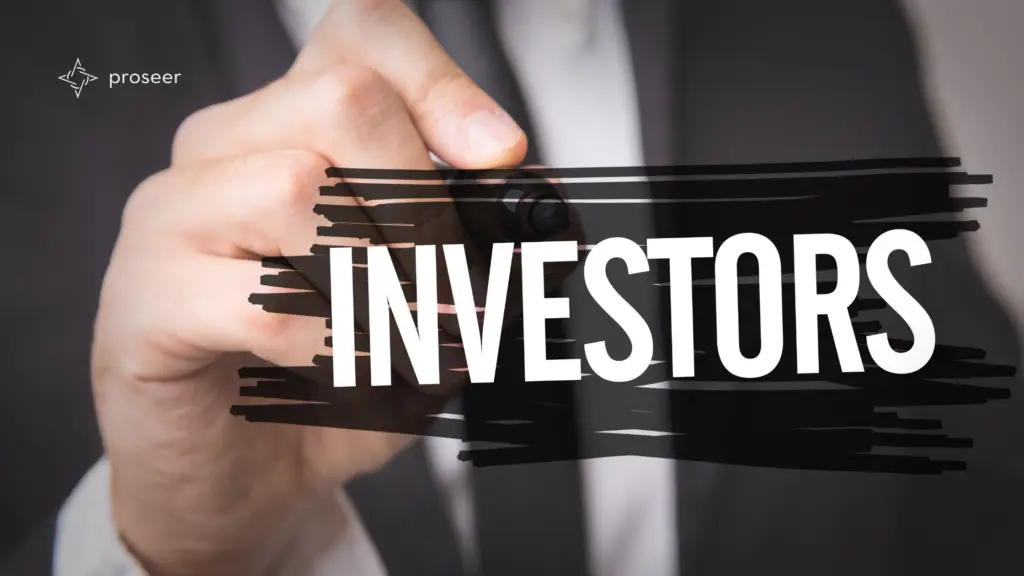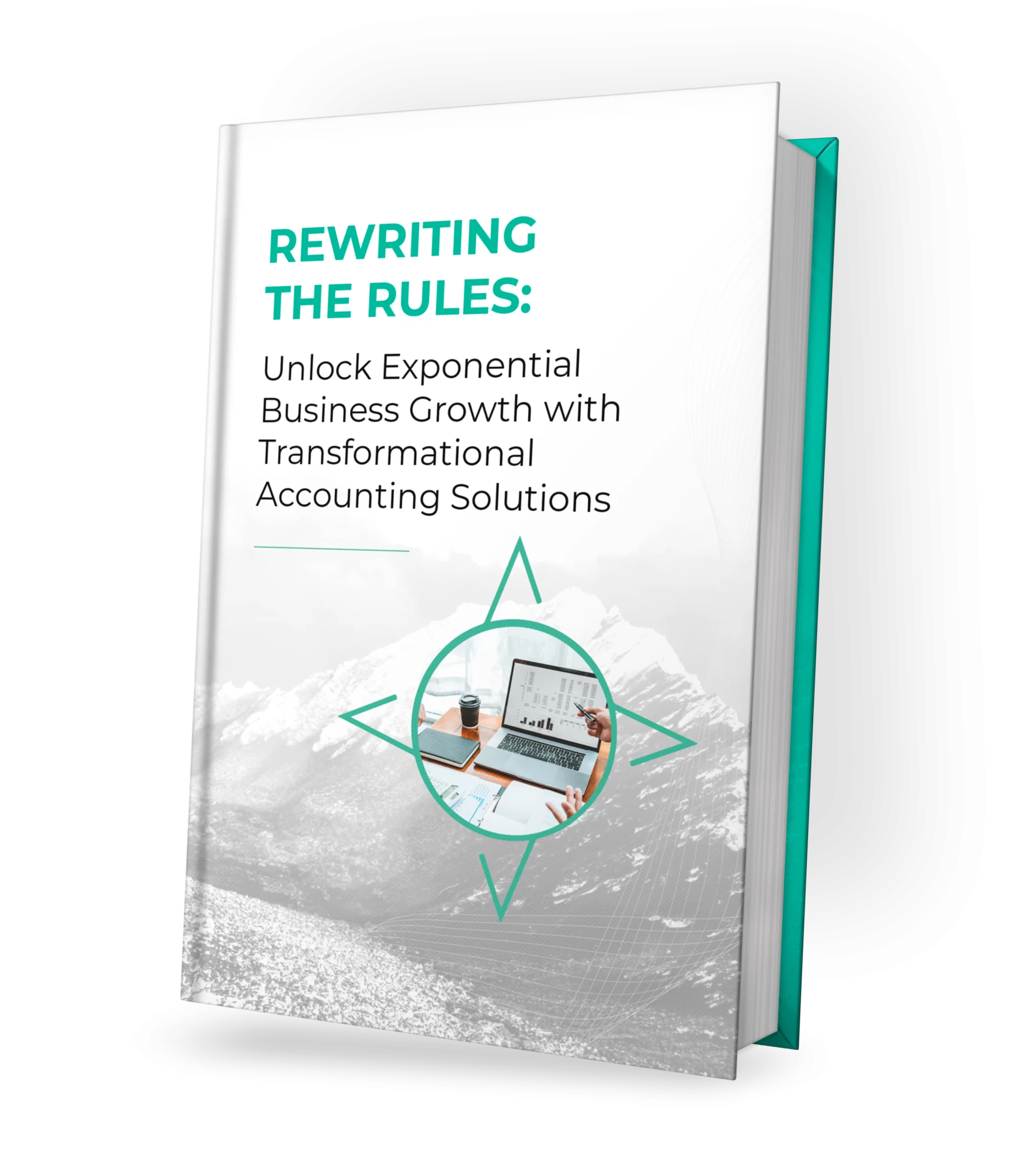As a startup founder, securing funding is one of the most crucial aspects of building and scaling your company. However, navigating the landscape of startup investors can be overwhelming. In this guide, we’ll explore the various types of investors that fund startups, including friends and family, angel investors, angel investor syndicates, incubators and accelerators, family offices, venture capitalists, venture debt funds, and hedge funds.
Types of Startup Investors
- Friends and Family
- Angel Investors
- Angel Investor Syndicates
- Incubators and Accelerators
- Family Offices
- Venture Capitalists
- Venture Debt Funds
- Hedge Funds
Friends and Family
Friends and family are often the first investors that startup founders turn to when seeking initial funding. These individuals invest in your startup because they believe in you and your vision, and they want to support your entrepreneurial journey.
Pros of Friends and Family Investors:
- Easier to secure funding due to personal relationships
- More flexible terms and less formal agreements
- Provides early validation and moral support
Cons of Friends and Family Investors:
- Limited capital availability
- Potential strain on personal relationships if the startup fails
- Lack of industry expertise or connections
In summary, friends and family investments are best suited for early-stage startups that are still validating their idea and building an MVP. While the funding amounts may be smaller, the support and validation from loved ones can be invaluable in getting your startup off the ground.
Angel Investors
Angel investors are high-net-worth individuals who invest their own money into early-stage startups in exchange for equity. They are often successful entrepreneurs or business professionals who have experience in the startup world and can provide valuable mentorship and connections.
Pros of Angel Investors:
- Larger investments compared to friends and family
- Bring industry expertise, mentorship, and connections
- More patient with returns than venture capitalists
Cons of Angel Investors:
- May require significant equity stake and control
- May be slower to act than other investors
- Expect higher returns due to risk
- Finding the right angel investor can be challenging
In conclusion, angel investors are a good fit for startups that have demonstrated traction and are looking to scale their operations. They can provide the capital and guidance needed to help your startup reach its next milestones.
Angel Investor Syndicates
Angel investor syndicates are groups of angel investors who pool their resources to make larger investments in startups. These groups are often led by an experienced angel investor who sources deals and conducts due diligence on behalf of the larger syndicate.
Pros of Angel Investor Syndicates:
- Access to larger pools of capital
- Benefit from the collective expertise and networks of multiple investors
- Coordinated investment process through the syndicate lead
Cons of Angel Investor Syndicates:
- May require higher valuations and more equity given up
- Less direct interaction with individual investors
- Syndicate lead may have competing priorities
In summary, angel investor syndicates can be a good option for startups seeking larger seed rounds or Series A funding. They offer the benefits of angel investing at a larger scale, with the added credibility and validation that comes from having multiple investors on board.
Incubators and Accelerators
Incubators and accelerators are programs designed to support early-stage startups through mentorship, resources, and funding. While incubators typically focus on very early-stage companies, and provide a longer-term support system, accelerators are more intensive, short-term programs focused on helping startups scale quickly.
Pros of Incubators and Accelerators:
- Provide structured support, mentorship, and resources
- Offer access to a network of investors, partners, and customers
- Lend credibility and validation to your startup
Cons of Incubators and Accelerators:
- Highly competitive application process
- May require relocation and a significant time commitment
- Equity stake taken in exchange for participation
At the end of the day, incubators and accelerators can be a great fit for early-stage startups that need support in refining their product, business model, and go-to-market strategy. The intensive nature of these programs can help startups make rapid progress and become investment-ready.
Family Offices
Family offices are private wealth management firms that invest on behalf of high-net-worth families. In recent years, many family offices have begun investing directly in startups as a way to diversify their portfolios and generate higher returns.
Pros of Family Office Investors:
- Access to significant capital reserves
- Longer investment horizons and more patience for returns
- Can provide strategic partnerships and resources
Cons of Family Office Investors:
- Often prefer later-stage, less risky investments
- May have less experience in the startup world
- Investment decisions can be influenced by family dynamics
In summary, family offices can be a good fit for established startups that have proven traction and are looking for larger investments to fuel growth. They can provide patient capital and valuable strategic partnerships but may be less hands-on than other investor types.
Venture Capitalists
Venture capitalists (VCs) are professional investors who manage funds that invest in high-growth startups with the potential for significant returns. They typically invest in rounds ranging from seed to Series C and beyond, and often take an active role in the companies they invest in.
Pros of Venture Capitalists:
- Provide substantial capital for scaling
- Offer valuable expertise, networks, and resources
- Help attract top talent and additional funding
Cons of Venture Capitalists:
- Require significant equity and often board seats
- Expect rapid growth and high returns
- May pressure founders to prioritize exit strategies
In conclusion, venture capital is best suited for startups that have proven product-market fit and are ready to scale rapidly. VCs can provide the capital and resources needed to fuel aggressive growth but may also exert significant influence over the company’s direction.
Venture Debt Funds
Venture debt funds provide debt financing to venture-backed startups, typically in the form of term loans or equipment financing. Unlike equity financing, venture debt does not require giving up ownership stake but does come with interest payments and other obligations.
Pros of Venture Debt Funds:
- Non-dilutive capital that preserves equity ownership
- Can extend runway between equity rounds
- Allows startups to hit milestones before raising more equity
Cons of Venture Debt Funds:
- Requires regular interest payments and principal repayment
- May have strict covenants and default provisions
- Typically available only to startups with strong growth and VC backing
In conclusion, venture debt can be a useful tool for startups that need additional capital to reach milestones but want to minimize dilution. However, it is typically only available to startups that have already raised significant equity funding and have strong growth metrics.
Hedge Funds
Hedge funds are investment vehicles that pool capital from high-net-worth individuals and institutional investors to invest in a variety of assets, including startups. While not traditionally focused on startup investing, some hedge funds have begun to see the potential for high returns in the venture capital space.
Pros of Hedge Fund Investors:
- Access to large pools of capital
- Can provide liquidity for founders and early investors
- May have valuable industry connections and resources
Cons of Hedge Fund Investors:
- Often focused on later-stage, less risky investments
- May have shorter investment horizons and higher return expectations
- Less likely to provide hands-on support and mentorship
In summary, hedge funds can be a good fit for later-stage startups that are looking for large investments to fuel expansion or provide liquidity for early investors. However, they may be less interested in early-stage companies and may have higher return expectations than other investor types.
Finding the Right Startup Investors
Navigating the world of startup investors can be complex, but understanding the different types of investors and their priorities can help you find the right fit for your startup. From friends and family to venture capitalists and hedge funds, each investor type brings its own set of pros and cons, and is best suited for different stages and needs.
As a founder, it’s important to carefully consider your startup’s goals and trajectory when seeking investment. Look for investors who align with your vision, can provide the resources and support you need, and have a track record of success in your industry. With the right investors on board, you can accelerate your startup’s growth and achieve your entrepreneurial dreams.
Proseer: Your Partner in Startup Fundraising
At Proseer, we specialize in helping startups with finance and back office needs to help them achieve their goals. Our team of experts has deep experience in the startup ecosystem and can provide valuable guidance and support at every stage of your journey.
Contact us today to schedule a consultation and learn how we can help you unlock the power of startup investment to fuel your growth and success.

